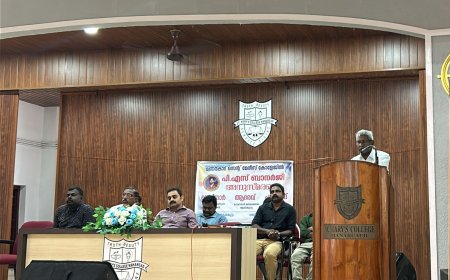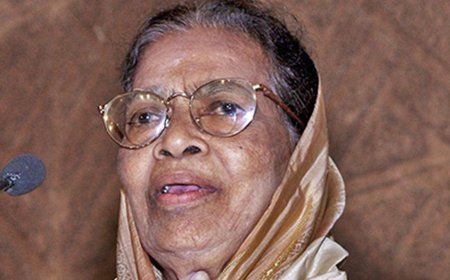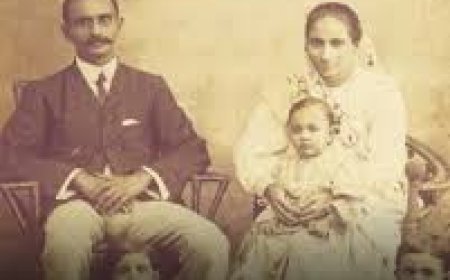Doctor cracks the case of 15-year-old who suddenly couldn’t walk

IT started like something out of a medical thriller. A perfectly healthy 15-year-old suddenly couldn’t walk, despite every test — from blood work to MRIs — coming back squeaky clean. Her parents were frantic, her doctors were baffled, and her wheelchair became a daily reality.
The twist? The culprit wasn’t hiding in her nerves or her spine but in a place no MRI could scan — the weight of words.
Dr. Sudhir Kumar, a Hyderabad-based neurologist, recently shared this case on X. The patient, Riya (name changed), was no ordinary teenager. A bright student, a passionate debater and a budding painter, she had a busy life until it was abruptly hijacked by sudden leg pain and weakness.
Within two weeks, her independence was gone, replaced by a wheelchair. For her, it felt like life had slammed the brakes overnight.
Blood tests: Normal
Her parents tried everything. The family physician ordered a series of blood tests — vitamin levels, electrolytes and so on. All clear. A neurologist followed up with MRIs of her brain and spine and even nerve conduction studies. Again, nothing. The family was advised to do a lumbar puncture, but before putting their daughter through more invasive tests, they decided to seek a second opinion from Dr. Kumar.
When he met her, Dr. Kumar noticed something unusual. Riya described her story in detail, calmly but with an undercurrent of sadness. On examination, one clue stood out: Hoover’s sign, a neurological test, pointed towards a non-organic weakness. Something wasn’t adding up. Her symptoms were real, but they didn’t match any typical neurological disease.
The truth reveals itself
That’s when the truth finally surfaced. Riya had been enduring relentless body shaming at school. Her classmates mocked her weight and her glasses, whittling down her confidence one cruel remark at a time. When she shared this with her parents, they encouraged her to “stay strong,” but the taunts continued. Too scared to confide in teachers, she bottled up her pain — until her body spoke for her.
What was the diagnosis?
The diagnosis was Functional Neurological Disorder (FND), a condition where emotional and psychological distress show up as real neurological symptoms. In Riya’s case, the stress had literally taken away her ability to walk.
Riya’s recovery
Dr. Kumar explained this carefully to her parents, making sure they understood it wasn’t “acting” or “faking.” With the right support — a combination of therapy, counselling and physiotherapy — Riya could recover. And she did.
With her parents looping in her teachers, the environment around her began to shift. The teachers responded with rare sensitivity, her classmates slowly softened, and she regained her strength both physically and emotionally.
Within three weeks, Riya was back on her feet. Within months, she was running — and not just metaphorically. She surprised everyone, including herself, by joining the school basketball team. Six months later, she walked back into Dr. Kumar’s clinic carrying a trophy almost as big as her smile: Player of the Tournament at the interschool basketball championship.




























































































